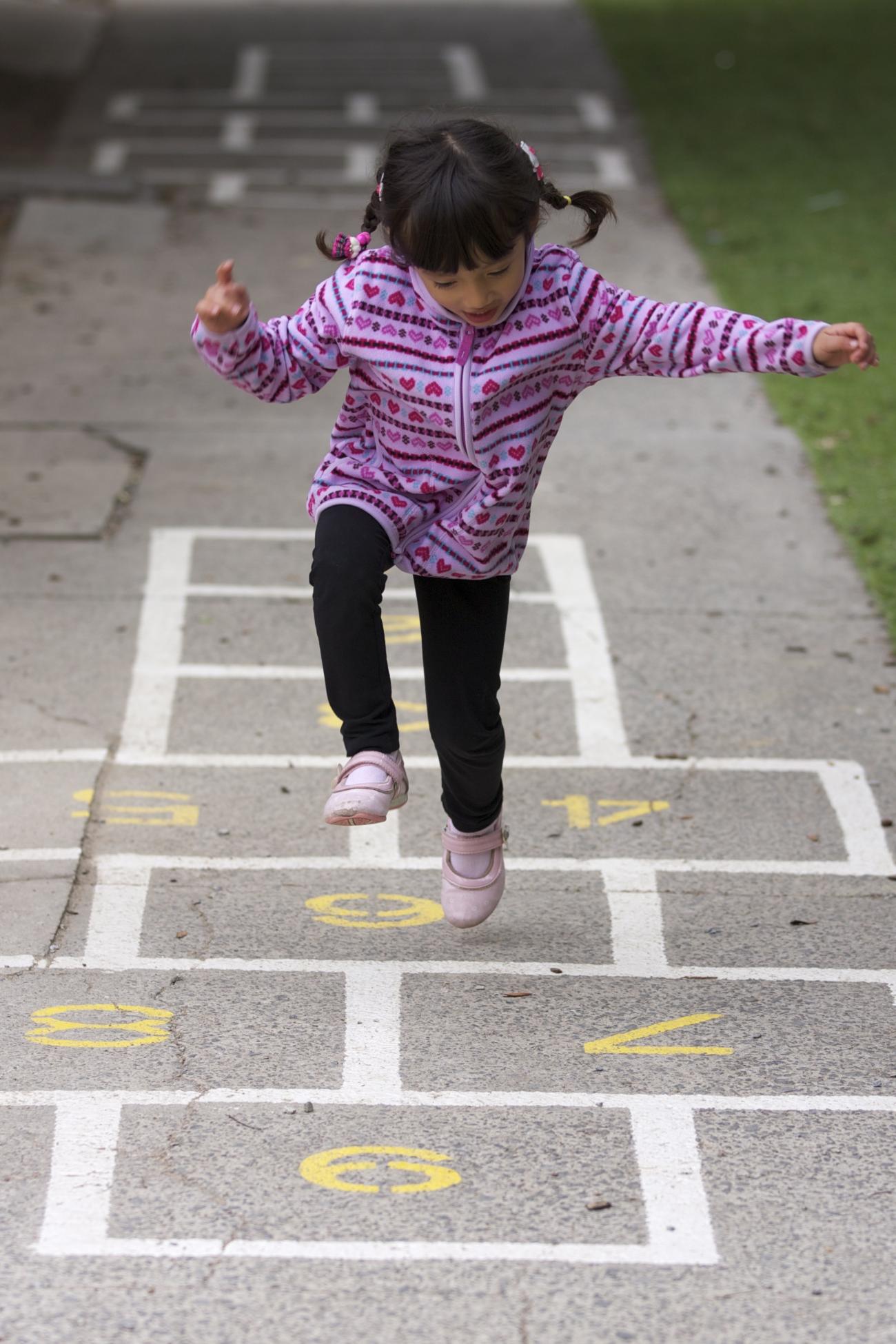
Bringing a child to school for the first time is a “significant marker in the life of a family,” says Ira Lit, a professor at the Stanford Graduate School of Education and director of STEP Elementary. “It’s another version of empty nesting, when your last kid goes off to elementary school.”
Lit joined GSE Dean Dan Schwartz and Senior Lecturer Denise Pope on School’s In to talk about what families and teachers can do to make the transition easier for everyone—including one idea that upends the traditional way parents and teachers connect.
Listen to the full episode at the link below, and find more episodes at Stanford Radio. School’s In airs weekends on SiriusXM Insight channel 121.
Doing well by all kids
I’m a little skeptical about asking, “How can we get all the kids ready for school?” School has to be ready for all the kids. There’s a lot we can do in schools so that we can be ready to help children who might already be reading when they enter kindergarten and children who haven’t looked at the alphabet yet and can’t write their name. We need to help all of them succeed to the best of their ability and be included in ways that make school an exciting and vibrant place for them.
We talk about first grade and second grade and kindergarten, as if it’s a thing. Kids come to us with very particular talents and skills and prior experiences, but really it’s just a random collection of individuals somewhat close in age, who have a very diverse set of backgrounds and experiences and tools. We’ve got to be ready to help all of them.
Changing where teachers and families meet
Most of what we ask, for parents, is very school-oriented and school-focused. It almost always happens on school grounds, right? It’s on our turf. [If we’re] really partners, we’ve got to do some of the work on their terms and on their turf.
There are often cultural and language barriers that we’re bridging. There might be geographical barriers that we’re bridging. Some folks might not be excited to have me come visit their home, but I could meet them at their favorite local coffee shop to talk about their family and aspirations for their child—in a way that they’re comfortable—without making them come to my office and my school classroom, where the power dynamic is all in my favor.
The implications of choosing a school
Schools focus on how to serve us as individuals, but they are also in service of society at large. As we take advantage of choice, we [need to] think about how that implicates the larger aims of school.
If I’m choosing to move to [a community] because I’ve heard that their schools are fabulous, what about the families who don’t have that opportunity? Can I set aside some resources to contribute to a local library or to an education fund in a district where my kids don’t go to school? Most of the families that I talk to haven’t thought about that but appreciate it, if it’s offered in a gentle but thoughtful way. I’d like it if more people were thinking about the larger picture.



